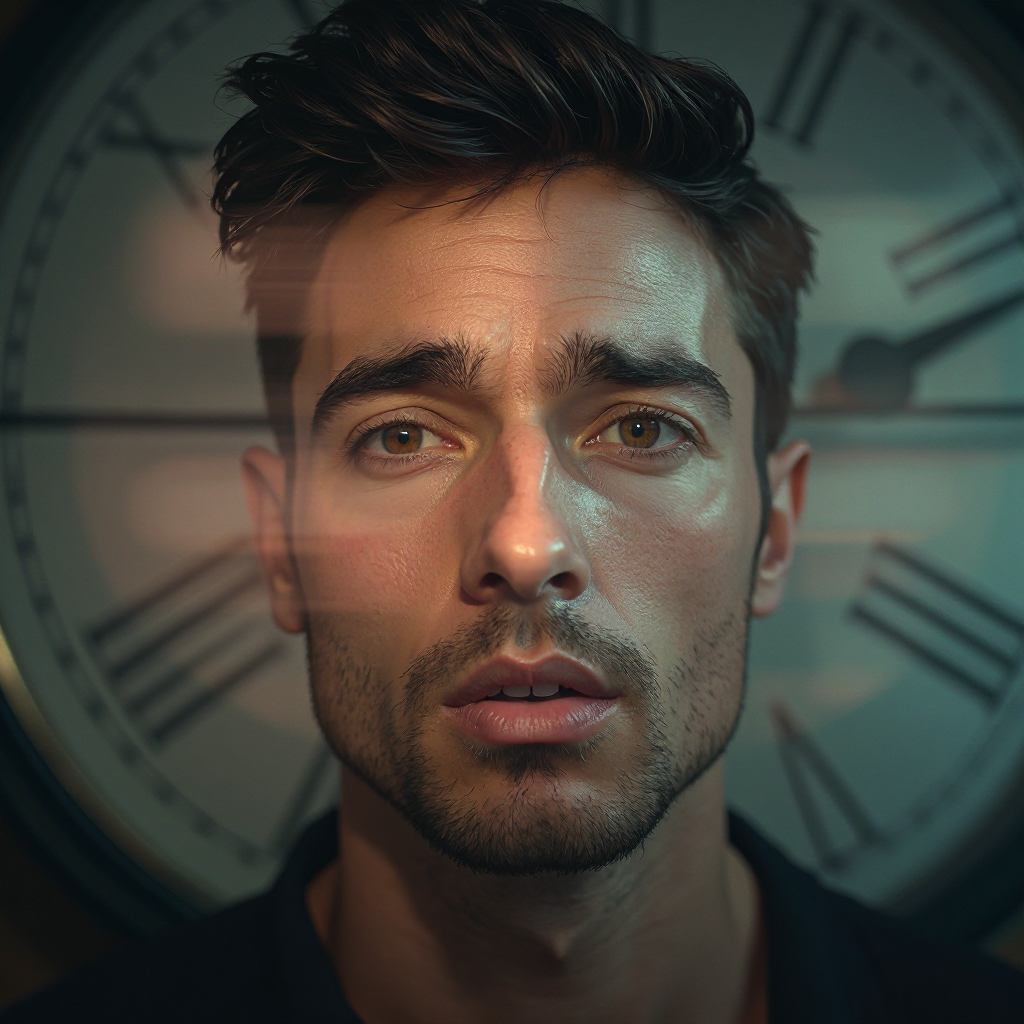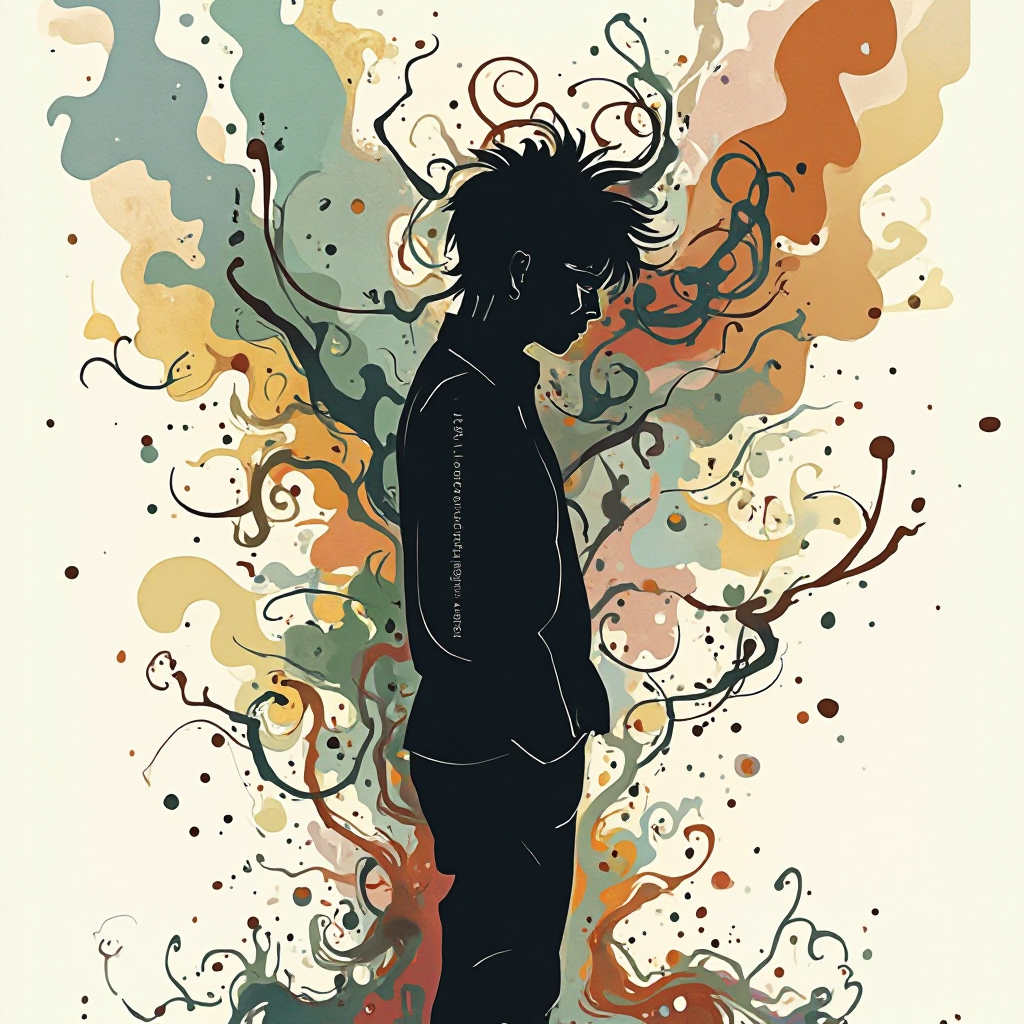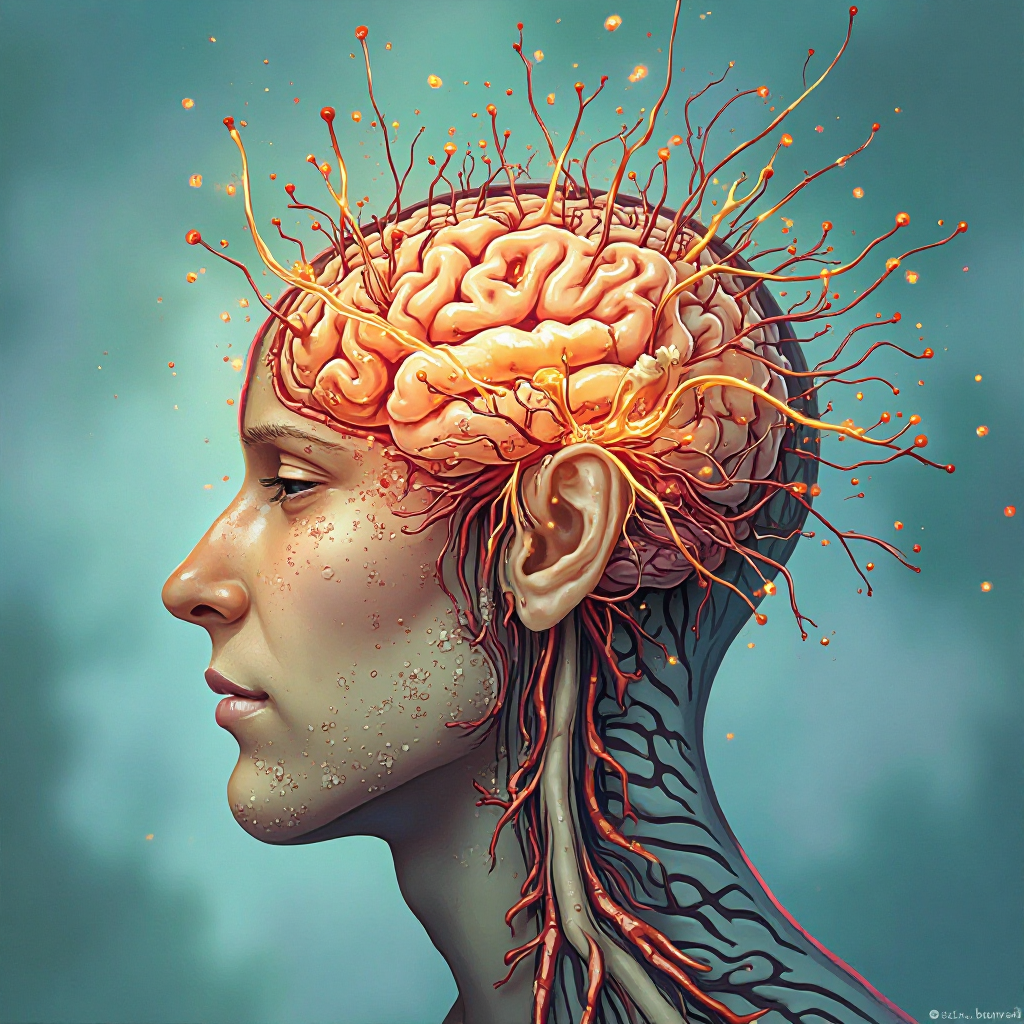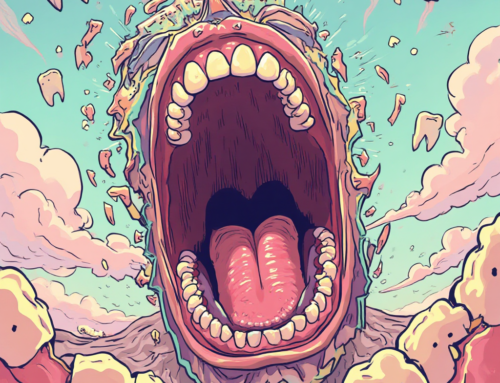The Science Behind the Timeline of Alcohol Withdrawal
The Science Behind the Timeline of Alcohol Withdrawal
The Science Behind the Timeline of Alcohol Withdrawal
Alcohol withdrawal is tricky and often scary thing for folks who rely on booze. When people try to quit drinking, there bodies start acting different cuz there’s no more alcohol. This changes can bring a bunch of physical feeling and mental thoughts that can be strong or weak and last different lengths. Knowing the timeline for alcohol withdrawal is key for folks going through it and their families. It might mean the difference between getting better or things getting dangerous.
Seeing the stages of withdrawal helps with dealing symptoms and starting off good treatment. Each stage gives a different challenge, and knowing what might happen can give people strength on the road to being sober. Whether your looking to help yourself or someone else, grasping these withdrawal signs can help with quick help and kind care. Let’s dive into the secret science behind withdrawal phases, giving you the know-how to get through this crucial time in getting better.
The Body and Booze Dependence
Grasping the body changes with drinking too much booze is super important to understanding the mess of withdrawal. When folks drink booze, it hits the brain as a downer, messing with brain messengers like gamma-aminobutyric acid (GABA) and glutamate. At first, alcohol makes folks feel chill and happy, but as time goes folks need more to feel good because of brain changes. The body goes under a big shift, which makes it wants more booze to feel the same effects.
When folks get hooked, the brain changes how it works, messing with feelings, thinking, and behaving. Long drinking can drop GABA and pump up glutamate use, making people crazy jumpy when no alcohol. This unbalance is why people feel withdrawal signs when they drink less or stop drinking. Knowing these changes is important for seeing the timeline of symptoms and watching out for tough times during the healing.
The way to being reliant on booze often starts easy — like social drinks or using drinks to forget bad stuff. But as people drink more, they might slide good to depending. Like, a person just sipping weekends ends up grabbing the bottle every night just to feel alright. The body likes this new normal, so doing things without alcohol gets hard. This switch from fun drinking to depending shows how close booze and the brain are and points out why we need to know and learn about these problems.
All in all, knowing these body switch-ups gives key ideas into why withdrawal happens. It explains why signs are different, sometimes normal to super bad, depending how the person drinks. Seeing how booze hits the body and mind, folks and family can handle the tough withdrawal part, finding the right help as they start their recovery road.
Stages of Booze Withdrawal: A Simple Guide
Knowing booze withdrawal stages matters much to people who battle heavy drinking and their families. Signs can pop up as quickly as six hours after the last booze, like worry, anger, and shaky hands. These early signs are big and mean the body starts to feel the missing alcohol. This beginning part can be upset for many, knowing them is important for quick help and good treatment.
As withdrawal goes on, signs can get totally bad and different. Usually, the first part lasts for 24 to 48 hours, where body stuff like sweating, fast heart, and feeling sick happen. This key time can feel massive, causing mix-ups and much feeling hurt. It’s big for people to know these signs, though heavy, are natural as the brain and body try to work without booze. So, what do we think about this all? At the end of the day, should folks look at alcohol cravings differently?
The role of a doctor during this time can’t be said enough; they are able to give needed help, watch the heart rate, and give medicine that makes quitting less painful.After the first part, people might go into what’s called the worst quitting phase, usually lasting from days one to three.
This time can bring harder troubles like seeing things or shaking, especially for those with a long history of drinking too much alcohol. There’s also this bad thing called delirium tremens (DTs) that is very dangerous, involving confusion and control problems. Who would’ve thought understanding this process is so important for anyone quitting booze or helping someone else with it, right? Being aware can lead to getting medical help at the right time and stopping bad things from happening.
Going through alcohol withdrawal ain’t simple; everyone feels it different based on how much they drink and how healthy they are. After the worst phase, some might still feel symptoms, needing more help and treatment. Knowing these steps are part of a larger recovery trip can give power to people and family’s to ask for help and start a strong base for staying clean in the long run.
Understanding Early Symptoms: First Day
The first day of alcohol quitting can be really tough and it’s big deal coz it sets stage for what comes next in getting booze out of your system. During dis starting part, people might feel different types of common pains like sweating, shaking, and headaches.
These happen cause the body tries to get used to having no alcohol which they depend on. Also, feelings like worry, moodiness, and not sleeping happen a lot now. This mix of body and heart pain can be too much, so it is good for people and there families to notice these first signs as they show the start of withdrawal.
It’s important knowing these start signs not just for the person quitting, but also for there family members. Someone might look more jumpy and restless, which can be seen as them being moody or stressed. But, these actions often show changes happening inside their body. Seeing these signs early might make them act fast, like getting doctor help or giving support. The sooner these things are noticed, better ready people will be for what’s coming in the quitting process.
Plus it’s good remembering that while some symptoms seem light at first, they can get worse quickly without cheque and hope. For instance, small shakes might turn into bad shaking or fits if nothing’s done. This really shows the need for looking after it during first day and after. Friends and family can help a lot by noticing behavior changes and giving comfort, which can calm some worries that come with quitting.
In the end seeing early signs of quitting booze is key for making detox smoother. Knowing what’s expected during this tough time helps people ask help fastly and make a start for getting better. Building know around these start symptoms not just gives power to those with booze problem, but it also makes a nice place for healing and coming together from friends and family.
The Tough Phase: Days 1 to 3
When people’s symptoms move from early stuff to the tough part of quitting, usually between days one to three, things can get really hard. During this phase, major symptoms like worry, not feeling good, feeling big shaking often are at their grow peak.
Body fights with missing booze they depend on, making the person feel bad and sad. For many, these problems can be too much, so it’s very important for both them and there folks to know what to expect during this important part in the quitting timeline process.
One really bad thing around the tough quit time is having what called DTs, a very unsafe condition that could show up within first 72 hours since last drink. Signs of DTs include much confusion, seeing unreal things, and shaking. Ever think about keeping a check on this specially risky time whilst feeling all the stress, hmmm? What makes one wonder is how strong the need for knowledge really is, isn’t it?
Wow, so these scary signs totally show that the body’s nerve system is in trouble, and seeing a doctor right away is really important! Thinking about DTs helps us get why having doctors check-in during this time is so key; they watch things like heart beats and give pills to ease the feelings and stop bad stuff from happening, right?
Also, it’s super key to know symptoms can change a lot person to person, you know? They depend on stuff like how long the person’s been drinking, how healthy they are, and if they got other stuff going on mentally. Some folks might just feel a little uncomfortable but, others might have big time problems.
This difference shows clear why it’s great to have care made just for the person at the tough beginning! Families? They should get ready to help, being there to tell their loved ones it’s going to be ok, and beg for help from docs when needed too.
Going through those tough start days of quitting drinking: knowing what might happen can kind of make people and their loved ones feel more in control. Knowing what’s what can help do stuff ahead of time — like getting a doctor or making ways to feel a bit better. Seeing just how serious this time is can make us kinder and smarter with how we help people get better.
Importance of Doctor’s Help
Getting through booze quitting can be pretty scary, full of body and mind troubles that need careful watching. That’s when it’s best to have doctors pitch in. Doctor’s help during quitting gives, like, a safety net for people, and makes sure there symptoms isn’t left on there own too!
Doctors check how tough the quitting is and tweak how to help, maybe with pills that make it less painful or stop scary things from happening, like, using special pills to calm nerves and stop shaking fits—that make saying goodbye to booze easier and safer.
Without good doc care, folks quitting could get really sick, even life-next-to-gone sick. “Delirium Tremens” is one big danger with things getting confusing, seeing things that aren’t there, and big time nerve freak-outs. DTs could happen a couple days after the last drink and might lead to heart or breathing shutdown, really! But with docs around, folks cut down on ending up in such a tough spots. Plus, doc help gives a calm place to get better, letting folks put there mind on getting better—not just fighting off quit drinking feels alone.
And oh! Doctors give super good help even after the first rough quitting bit. They help make a big plan to take care of the wanting to drink again part and the mind feelings part too. They’re pretty cool like that, maybe suggesting chats with a counselor, in-a-circle talks, or going to group stuff like AA.
These things help, you know, live through left-over feels and make folks not feel all alone, which is nice to have for sticking with being sober after the tough part. Getting what doctors share makes walking the no drinks path a bit less steep and lonely.
So, yeah, having docs around when quitting booze? You can’t say that’s not big. All the doc help is big protection armor against things getting bad and makes getting clean feel less impossible, you know? With doc help in the mix, folks, who’ve been through the wringer with alcohol can get through it more sure of themselves and cut out worrying too much, setting them steadier for sticking with getting better.
Lingering Booze Quit Symptoms: What’s Around the Corner
After the first bad-bit of quitting, tough times might still be around. While jumping into quitting can feel rough and nightmarish, the trip getting away from booze doesn’t always wrap up once the body feels calmed down. For some, what staying away from drink throws at them sticks around past those first bunch of days, showing up as long-after-quit things that drip slowly on everyday life.
Getting to grips with these hangs-on feelings matter lots for both the ones going through it and the people cheering them on. What do you reckon about sticking through these—not just quitting-have-you-run-the-marathon days?
One of the things people talk about after quitting alcohol is post-separation withdrawal, known simply as PAWS. PAWS covers different mind and feeling problems that can last weeks or, even longer after quitting booze. Folks might feel moody, get very worried, or have trouble with thinking straight and memory.
Think of someone who used to be great at their job, but now they find it tough to focus, making them mad and sad. This time can make a person feel quite alone like their buddies and family doesn’t quite get it that staying away from alcohol doesn’t mean they’re all better already.
It’s important to see PAWS so you know what’s coming when you’re getting better. Symptoms don’t look the same for everyone; like some may have trouble sleeping or even miss alcohol, while others get real emotional. It’s good to know you’re not weird and it doesn’t mean you’re messing up. It’s a sign your brain and body are getting fixed after drinking for a long time.
A strong, helpful circle is key to dealing with ongoing problems. Chatting with helpers or groups can give a person a space to hear stories and learn how to cope. Things like therapy with fancy names like CBT can give you tips on handling worry and feeling stressed. Knowing about PAWS and what might happen means folks can be ready for hard times in getting better, finding the help they need to enjoy being sober, eventually, don’t you think?
Backups: Putting Together a Good Crew for Support
Getting through the ups and downs of leaving alcohol can be really hard, and having a strong team of support is big for anyone hoping to get better. This helping circle, which is family members, friends, doctors, and support circles, helps a lot by not just giving feelings support but, also, real help during the quitting-the-bottle process.
When people feel alone while times are tough, going back to drinking becomes more of a risk, you know? Making friends with people who get the booze battle can help bring a feeling of being connected and knowing they are not fighting alone.
For families, learning about what happens with withdrawal and what mental trouble might come can help them feel less lost when trying to help. Workshops and group meetings can make them better helpers in the recovery time. Groups like Al-Anon give lots of ideas on how to cope and share stories from others who have been there. This knowing can change feeling baffled into kindness and real help too, maybe?
Also, talking to pros like therapists who know about addiction or mental health can help you deal with the stress and sad feelings that come with withdrawal. Using therapy in the quitting drink plan can give folks ways to deal with both the body and mind stuff, and this might make getting better more whole.
Lastly, groups of people in communities, online or in meetings, can be like a lifeline for folks dealing with alcohol problems. These groups make it safe for people to talk share ideas, and maybe celebrate too?. Doing this not only helps keep spirits up but lets folks know that this road is a group effort – one that grows with connection and shared journeys, you know what I mean? So, having a good team is more than just picking people up when they fall; can it be something that really pushes them to lasting change? Plus.
Ways to Handle Tough Days Without Drinking
Getting through the stopping period can be one of the hardest parts of beating alcohol need, don’t you think? It’s key to have simple ways to feel a small bit better and help the changing way go smoother. Some people find it’s really useful to use mindfulness stuff like calm thoughts or slowing-the-breath fights. These things can calm the mind and lower worry, especially when the no-more-drinking problems are up there in number.
Another smart idea is keeping a diet that’s balanced and drinking enough. Many people who fight with alcohol issues often lack vitamins, and getting the body filled again with healthy stuff can make you feel better and more energetic. Small changes, like adding fruits, veggies, and bread, can help. Plus, drinking lots of water clears out bad stuff from the body: it helps with feeling tired or sore from stopping alcohol. Herbal drinks like tea might also bring peace and help relax; they can be a calming habit when things get tough.
Therapy and counseling are really important with dealing with alcohol habits. Talking with a counselor who understands alcohol issues can be huge support while you get through quitting and as you move forward. A smart therapy, like CBT (helping to fix the way we think), shows people how to break free from old, bad thought patterns that may make quitting feel worse or cause the urge to drink again. Group therapy gives a feeling of belonging and shared experience: you can learn from each others stories and ways to hold on during this tough time.
Also, remember that asking for help isn’t weak: it’s really strong step towards feeling better. Whether with a support plan or a group like AA, having friends and advice can be a anchor in the storm when quitting drinking. Fitting these smart strategies into your day can give anybody a strong ground to stand on. Yet, it is a deep ocean full complexities from quitting alcohol drinks.
Alcohol withdrawal medicines that are homeopathic
The use of homeopathic medicine is an alternate solution to the pain of alcohol withdrawal. In contrast to other modes of treatment which are necessarily based on a considerable number of drugs with considerable side effects, homeopathy aims at personalized solutions that induce self-healing functions of the organism.
As an example, such remedies as Nux Vomica or, in case of acute anxiety and restlessness Aconite can be suggested to treat nausea and irritability, which are frequent during withdrawal process. This customized treatment is not only effective in treating physiological symptoms but also in emotional stability which enables people to withstand the stressful period of withdrawal more robustly.
In addition, homeopathy is holistic which promotes entire way of life. The use of dietary change, mindfulness, and supportive intervention has been promoted by many practitioners in combination with homeopathic treatment. This approach is multidimensional and useful not only in alleviating withdrawal symptoms, but also in overcoming addiction with the aim of long-term recovery through the improvement of general well-being.
The trend towards finding alternatives in conventional medicine means that a person can explore homeopathy as a source of strength in getting their lives back after alcohol dependency without making it seem too personal and doable. After all, this is a natural course and it may open the doors to a healthier future when the mind and body will synergize towards healing.
Journeying through Recovery
Getting to know what happens during alcohol stopping is key for anyone dealing with this sea. Each step got its own signs and dangers. But knowing them helps folks and there loved ones get ready: for what’s next. Lots needs knowing when quitting alcohol: but having knowledge gives power to ask for help at right times.
If you or friend finding alcohol troubles: remember help is there. Don’t wait to talk to doctors, helping experts: or groups. You’re not alone along this trip. With good resources and strong help, recovery ain’t just maybe. What do you think? It could be real for you! Take a step towards new, sober life whenever you ready.
The Hidden Science of Alcohol Withdrawal Stages
alcohol withdrawal symptoms, physiological changes, medical supervision, detoxification process, withdrawal timeline stages, recovery support, alcohol dependence, mental health, addiction treatment, coping strategies,
individuals struggling with alcohol dependence, family members of alcoholics, healthcare professionals, addiction counselors, mental health advocates,










Leave A Comment